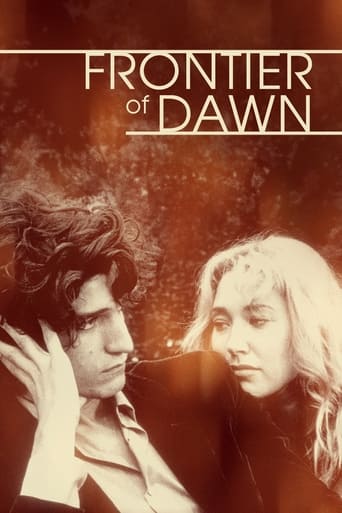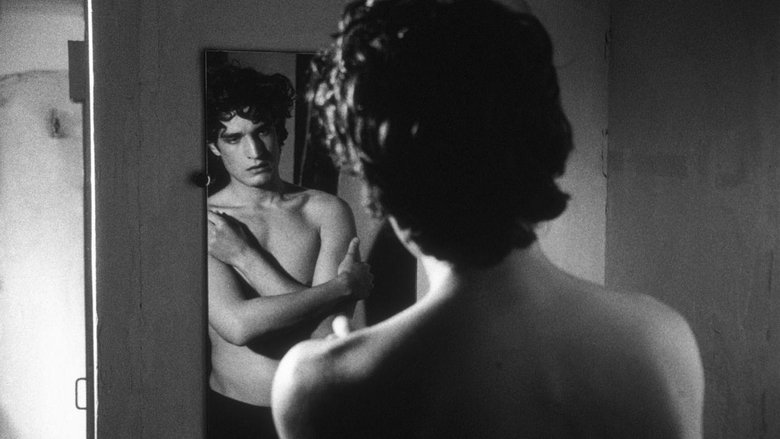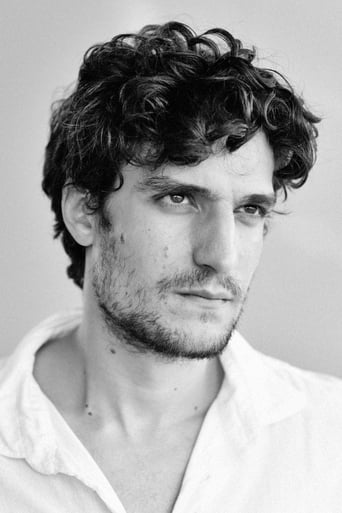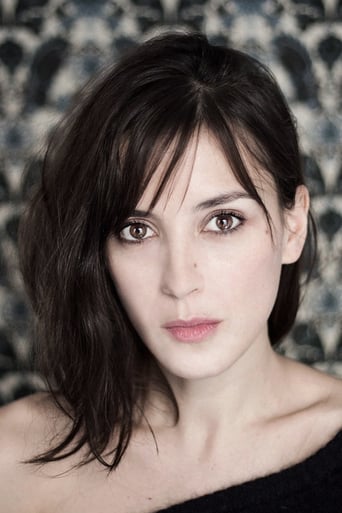Frontier of Dawn (2009)
A celebrity is caught by her husband with a young lover.
Watch Trailer
Free Trial Channels
Cast


Reviews
one of my absolute favorites!
Excellent, a Must See
A Disappointing Continuation
A Brilliant Conflict
If you notice, the two negative reviews for this film are complaining that it's in black & white. If you entertain that sort of criticism for even 2 seconds, then do not bother with this film, or anything by Bela Tarr, Orson Welles, Kurosawa, Godard or any of the other masters known for their bold use of monochrome. If, on the other hand you realize that b&w is an artistic choice that not only sets a particular mood but allows for striking visuals not possible with color (such as, just to name 1 example, the Wellesian "Citizen Kane" trick of having different actors at different distances from the camera yet equally in focus, but with a certain 2-dimensional b&w flatness to the scene that challenges the eye like an MC Escher drawing), then strap yourself in for a great experience.Visuals aside, this film impressed me for the sheer fact that it's an artsy film that doesn't get bogged down in its own artsiness. Yes, it definitely has an unconventional style with a laconic, brooding presentation often associated with a maligned subset of artsy films known as "artsy-fartsy", but this film never gets so abstract that you lose sight of the presentation. It has a very interesting story that keeps the film's momentum rolling even though the pace is heavy. Imagine taking the story of a fast paced Hollywood thriller but telling it with poetry and room to breathe, as well as suspense. Just when you think this film has said all it has to say, something completely unexpected happens to ignite your imagination.With that in mind, I'll say very little about the plot since this film is best experienced as it unfolds, one surprise at a time. All I'll say is that it is a story of love affairs, but not in any way you've seen. The trailer makes it look like a simple love-triangle type drama, but that couldn't be further from the truth. This is a deep, psychological look at love and madness. And it is the latter half (madness) that makes for some very surprising and thrilling plot elements.Some reviewers & critics have compared this movie (both favorably & unfavorably) to the works of cinema master Jean Cocteau ("Beauty and the Beast", "Orpheus", etc). That's a fair comparison, and if you like Jean Cocteau's visual inventiveness and minimalistic special effects (which, to me, stand the test of time far better than anything Lucasfilm ever put out), then you're in for a treat in the 2nd half.I would also compare the style (again) to Orson Welles and his films like "Macbeth" and "The Trial" where the camera is not always focused on a predictable target, like the person who's talking, but instead it focuses on some other character. Or conversely, the camera may remain so tightly on the person who's talking that we wonder how the other people may be reacting (angry? sad? compassionate? apathetic?). This was a masterful way of adding suspense and tension. Excellent acting makes those closeup shots absolutely haunting.I should also add that the soundtrack is perfect. Simple yet chilling violin/piano pieces, used sparsely, add tremendous character to the story. Most of the film, however, is without music, often giving it the tight feel of a stage play.I went into this film expecting to hate it for some reason. Maybe its less-than-inspiring DVD cover and inaccurate IMDb plot synopsis (somebody fix that!) made me think it would be an indulgent, voyeuristic spectacle about a bunch of jaded automatons who can't figure out their love life. But instead it turned out to be an extremely complex, mind-bending mystery that kept me riveted up until its memorable last image.
This threadbare tale of a photographer's amorous misadventures demonstrates that pretentious sixties-style, cinematic vanity projects still survive in twenty-first century France. Shot in self-consciously 'artistic' B&W, the opening sequence depicts the poetically rumpled Francois arriving to shoot some publicity stills of a young married actress, Carole, whose film-maker husband is absent in Hollywood. Despite Carole's lack of any discernible charisma, Francois falls under her spell, and they embark on a supposedly obsessive love affair. It's soon apparent that the film is going to be a slow-motion train-wreck, since the director spends far too much time on tedious shots of the couple asleep or staring moodily into the distance, while neglecting to develop his characters or their unconvincing relationship. Consequently it seems somewhat capricious when Carole suddenly suffers a breakdown, sets fire to her apartment, and is consigned to an asylum where she writhes around theatrically in a straitjacket.After her release, there is a sequence of scenes which illustrates the arbitrary, lazy nature of the entire script. Carole tells Francois that she's going to reconcile with her husband, and then, with a cringe-inducing bout of over-acting, returns to her hotel room to drown her sorrows in a bottle of gin. Francois tries seeking solace with a new love interest, but memories of his old romance undermine his mental stability, and drive him on to the melodramatic destiny that awaits him."Frontier of the Dawn" makes even less sense on the screen than it does on paper, and director Garrel requires his son to do little more than adopt stock romantic poses in the main role of Francois. As a result, it's easy to see why the Cannes Festival audience greeted the film's producers with whistles of derision for wasting their time with such a pompous piece of puerile piffle.
Tedious movie that is older in spirit than the black & white visual design indicates. Two love stories? Only if your definition of love consists mainly of physical desire. Don't any of the two women and man have anything of value to say to each other that would show sexual chemistry melding into mature love? No wonder angst and uncertainty reigns in both relationships: they don't speak meaningfully to each other. They never get to know each other. (Yeah, this could be an homage to the existential relationships Antonioni was so addicted to 50 years ago.) Then, near the end of the movie the rug is pulled out from the viewer. Up till then we were shown two stories, very slow moving but realistic stylistically and we're led to believe that the man in the film was becoming psychotic. He was hallucinating. But no! After his personal demons cause his suicide, we see an image in the movie that is a real Demon; it's a supernatural tale after all!
While it seemed to divide audiences at Cannes showing and has yet to find a wide release,Garrel's latest film is almost as good as anything he has done over the last forty years.Exquisitely photographed by William Lubtchansky,the regular cameraman of Rivette,it depicts a strangely deserted,almost spectral, Paris devoid of tourists and the constant hum of mobile phones.Louis Garrel plays François,a trendy photographer who starts an affair with an unstable married woman.Eventually she is confined to an asylum and commits suicide. After a period of time he has a relationship with a more conventional girl who becomes pregnant.He is accepted by her family and happiness seems to beckon but his obsessive love for the dead woman comes back to haunt him in a manner reminiscent of Cocteau.There is little dialogue throughout,and like most of his previous work there is a purity of image which is reminiscent of the silent cinema.Unlike "Les amants réguliers",his previous film which was a reflection on the disillusionment of politics,this is more of a return to the subject of obsessional love which has haunted most of his oeuvre.








